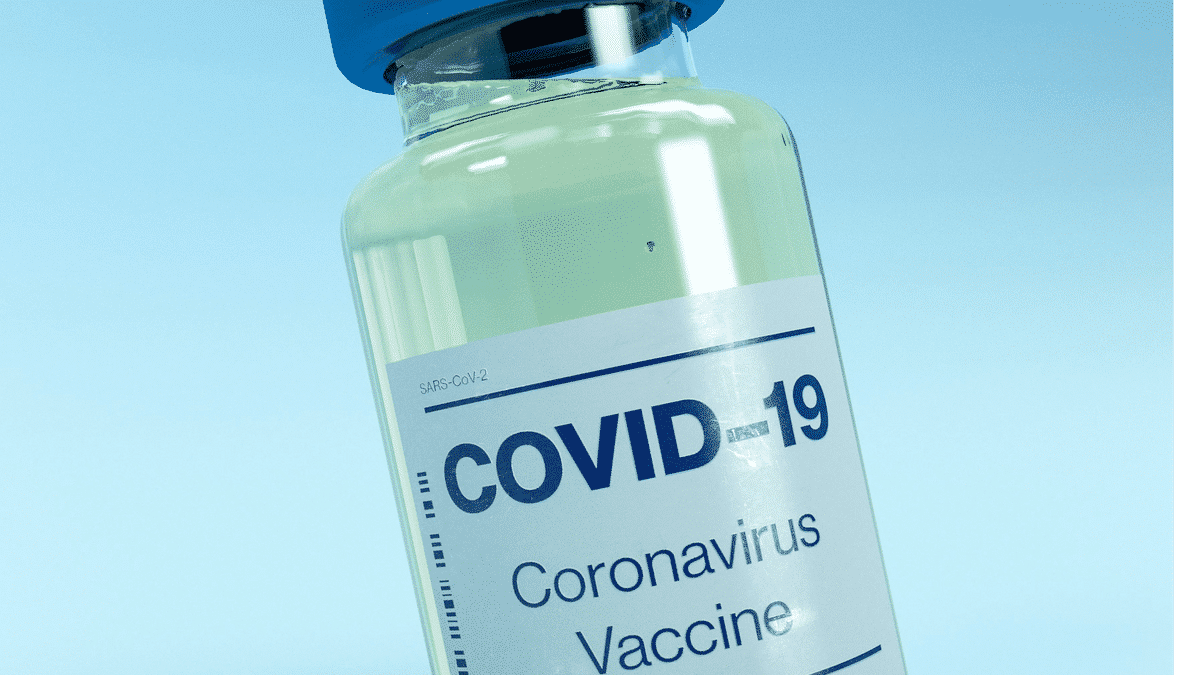A recent peer-reviewed study, which was published in the New England Journal of Medicine, said Moderna’s COVID-19 vaccine has revealed 94.1% efficacy of the therapeutic in preventing symptomatic infections and severe illness, reported news agency PTI. The results were derived from the primary analysis of the ongoing phase 3 clinical trial of the vaccine.
The study was co-conducted by Dr. Lindsey Baden, an infectious diseases specialist at
the Brigham and Women’s Hospital.
“Our work
continues. Over the next months, we’ll have increasing amounts of data to
better define how this vaccine works, but the results so far show a 94.1% efficacy. These numbers are compelling,” said Baden.
The research saw over 30,000 participants randomised to receive the vaccine or a placebo. 11 of those in the vaccine group developed symptomatic COVID-19 compared to 185 participants who received the placebo.
As per the preliminary findings, cases of severe COVID-19 occurred only in participants who had received the placebo.
“Importantly, the data suggest protection from severe illness, indicating that the vaccine could have an impact on preventing hospitalisations and deaths, at least in the first several months post-vaccination,” added Baden.
For the purpose, 30,420 adult participants at 99 sites in the US were shortlisted that taken only adult candidates with no known history of SARS-CoV-2
infection, and whose locations or circumstances put them at appreciable risk of
the infection and high risk of severe COVID-19, into account.
The participants
received their first injection between July 27 and October 23, followed by a
second shot 28 days later.
Each jab, given
intramuscularly, had a volume of 0.5 millilitres (mL), containing 100
micrograms (μg) of mRNA-1273 vaccine or saline placebo.
As far as the after effects are concerned, the researchers
said overall reactions to the vaccine were mild, with about half of recipients experienced fatigue, muscle aches, joint pain and headaches, more so after the
second dose.
Baden said while
these results are encouraging, they are limited by the short duration of
follow-up so far.
“Longer term
data from the ongoing study may allow us to more carefully evaluate the
vaccine’s efficacy among different groups, determine the impact on asymptomatic
infection, understand when immunity wanes, and determine whether vaccines
affect infectiousness,” she added.
The trials for the observation took place at the Brigham and Women’s Hospital.







